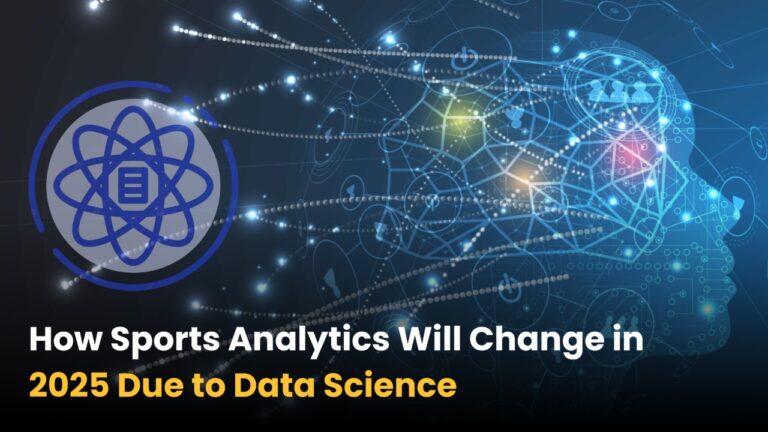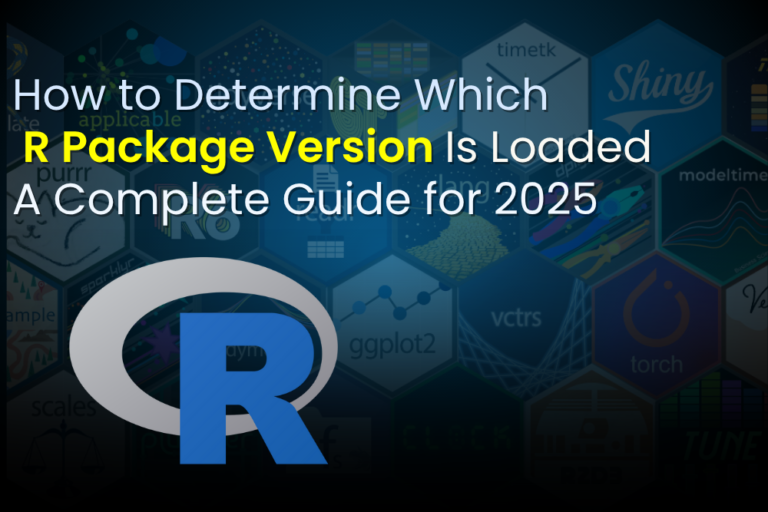News & Article





How Can I Find an Internship in Data Science? A Comprehensive Guide
May 29, 2025
No Comments


How to Determine Which R Package Version Is Loaded: A Complete Guide for 2025
May 15, 2025
No Comments


How Python is Used in Data Science at Google, Amazon, and Facebook
March 20, 2025
No Comments
